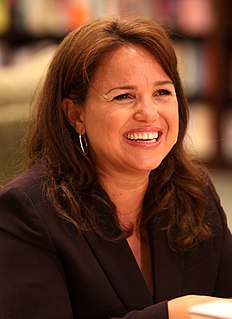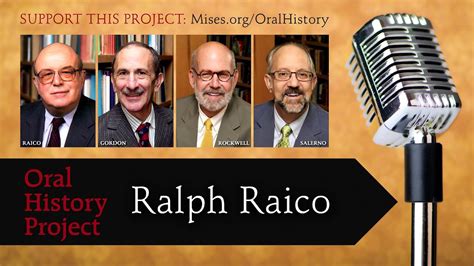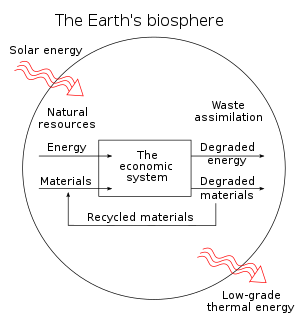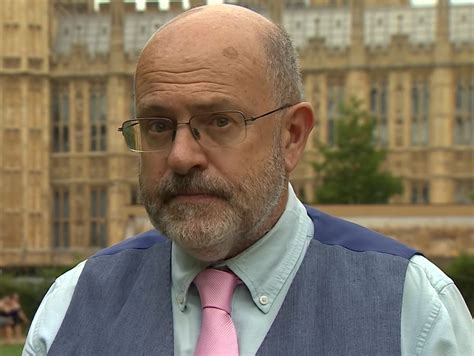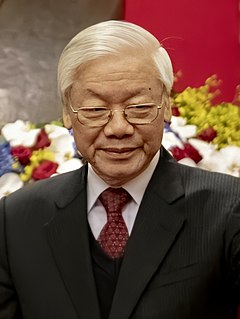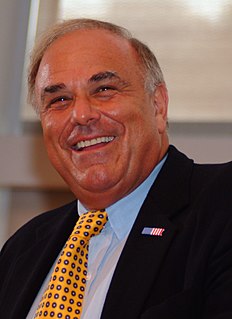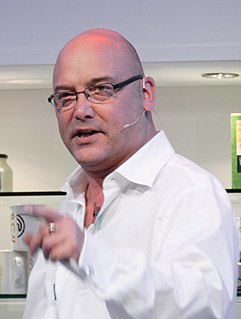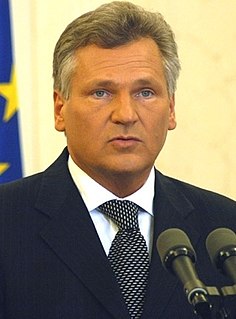Top 1200 Fuel Economy Quotes & Sayings - Page 6
Explore popular Fuel Economy quotes.
Last updated on December 19, 2024.
When Americans are called on to innovate, that's what we do - whether it's making more fuel-efficient cars or more fuel-efficient appliances, or making sure that we are putting in place the kinds of equipment that prevents harm to the ozone layer and eliminates acid rain. At every one of these steps, there have been folks who have said it can't be done. There have been naysayers who said this is going to destroy jobs and destroy industry. And it doesn't happen because once we have a clear target to meet, we typically meet it. And we find the best ways to do it.
The impact of QE on generating more lending by Wall Street to Main Street and in generating more employment and increasing overall investment in the economy is quite modest. QE probably limited the initial collapse of the economy in 2008, and likely had a very small positive impact on economic growth, but its broader impact on jobs and growth in the economy seems not very big.
I think the reason that the Trump economic agenda is beneficial is, he is doing the right things. He wants to see growth, he wants to see to lower taxes, he wants to see this cash pile sitting outside the US return to the US. All of these things I think will be good for the US economy, and as I've said, if the US economy grows, the global economy benefits hugely.
The Stock Exchange is something very different. There is no economy and no production of goods and services. There are only fantasies in which people from one hour to the next decide that this or that company is worth so many billions, more or less. It doesn't have a thing to do with reality or with the Swedish economy.
There is a clear and strong link between the economy's present woes and the Iraq war. The war was at least one of the factors contributing to rising oil prices - which meant Americans were spending money on imported oil, rather than on things that would stimulate the american economy. Hiring Nepalese contractors in Iraq, moreover, doesn't stimulate the American economy in the way that building a school in America would do - and obviously doesn't have the long term benefits.
There isn't a sense of well-being and optimism about the nation's future, but that hasn't attached itself to the Democrats for some reason. They are not accountable. It certainly hasn't attached itself to Obamacare. That's why Hillary Clinton can run around and talk about the need to improve the economy. She ought to be dead politically on that score right there. She ought not be able to cite the economy at all as a positive. She ought not have any credibility at all on the economy.
The nation as such is not a large subject that has needs, that works, practices economy, and consumes. . . . Thus the phenomena of “national economy” . . . are, rather, the results of all the innumerable individual economic efforts in the nation and . . . must also be theoretically interpreted in this light. . . .Whoever wants to understand theoretically the phenomena of “national economy” . . . must for this reason attempt to go back to their true elements, to the singular economies in the nation, and to investigate the laws by which the former are built up from the latter.
I would say that, from an agricultural perspective, I have a little bit of concern, because some of the folks I don't know are particularly supportive of the renewable fuel industry and the renewable fuel standard, which is a big part of certainly Midwestern agriculture. I'm hopeful that, when we see his ultimate selection for ag secretary, that we will see someone who is a strong advocate for renewable fuels, and what that means to Midwestern producers. And, for that matter, now, all over the country, we're seeing more and more of the biofuels being produced from a variety of sources.
For the workers and their families, being able to bring home a living wage helps their families and, by extension, helps our economy. Seventy percent of our economy is consumer-based. We know that when lower- and middle-class families have money and disposable income, they spend it. That puts money back into the economy. It's a win-win for everybody: Not just for the individual, not just production at a specific company (like Nissan), but for the greater good.
There is also a great deal of behind-the-scenes pressure from political funders too. And by funders I don't just mean the fossil fuel industry. Many of those exerting pressure on our society to ignore climate change, oppose climate change legislation, and shut down efforts to develop a clean energy economy are doing so out of ideology, not just economics. In the simplest terms, many large industries don't want the government telling them what to do with their businesses and they don't want any restrictions on what they can and cannot do, which includes polluting our shared environment.











